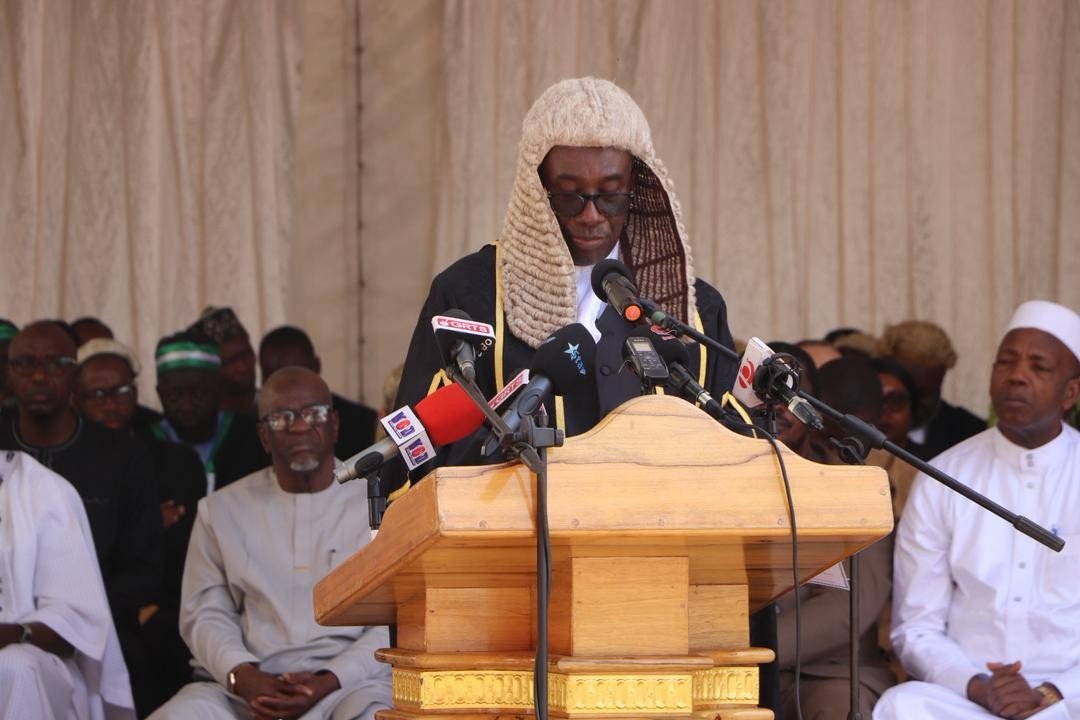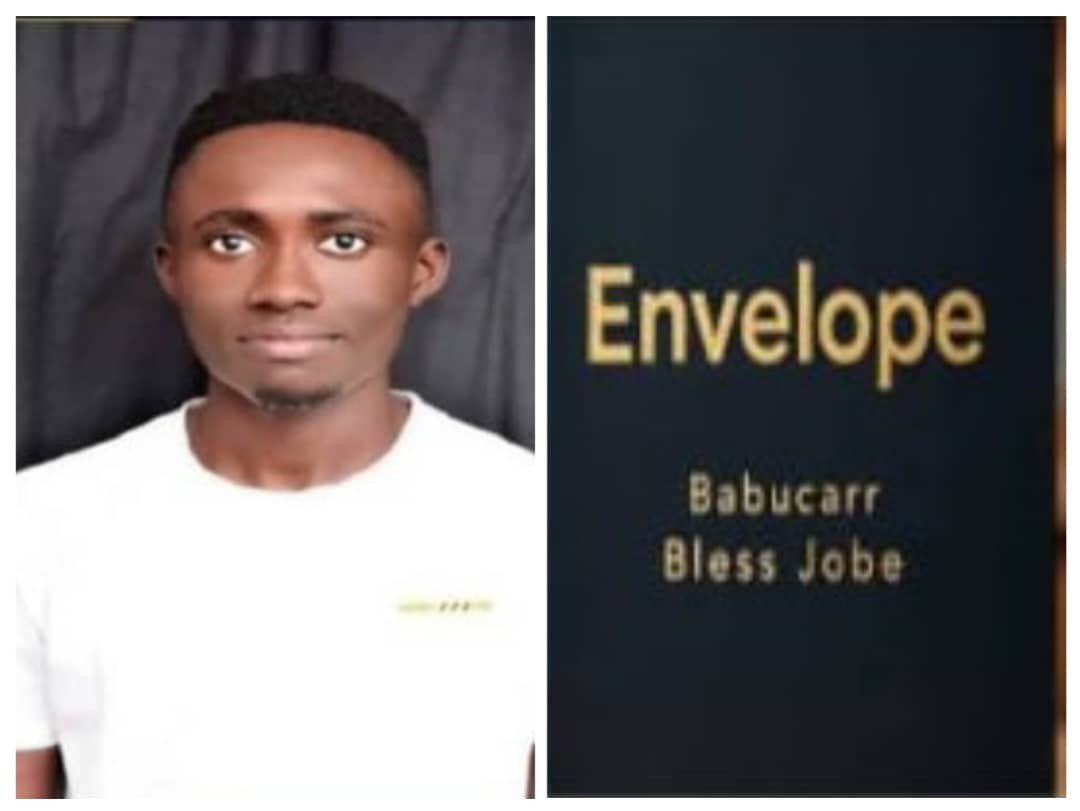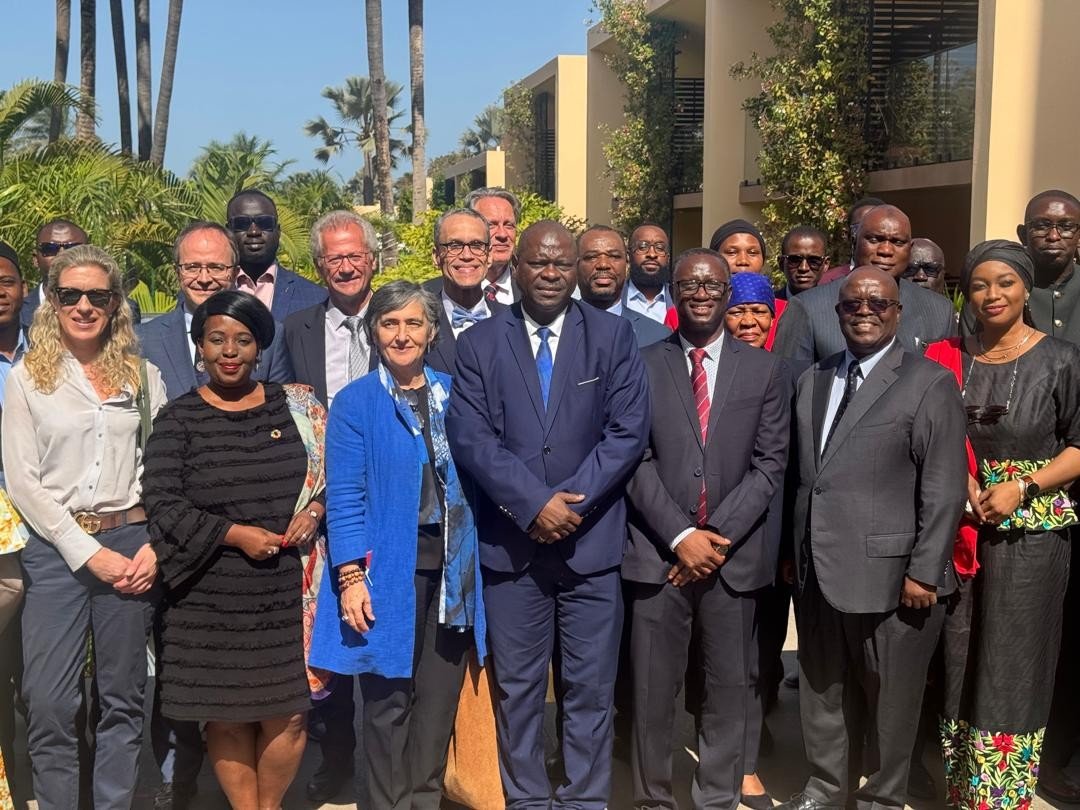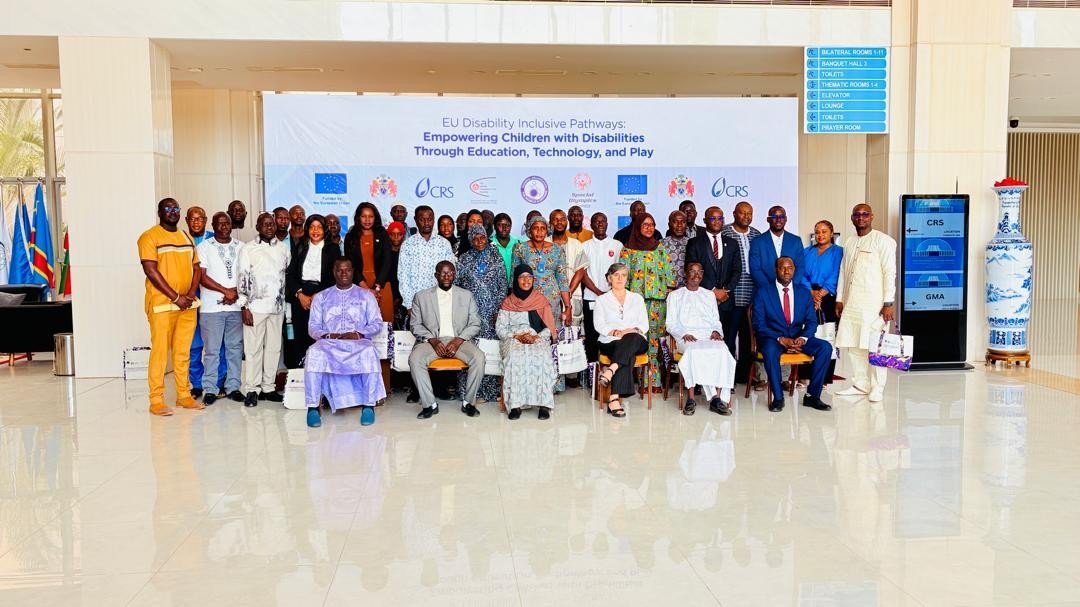Momodou Bah, leader of the African Federalism and Republican Orientation Movement (AFRO Movement) and presidential aspirant for 2026 elections, has said that under the leadership of President Adama Barrow, The Gambia has seen a troubling increase in violent crimes, putting the safety of its citizens at risk.
Mr Bah was speaking during an interview with SeniGambia newspaper recently concerning the increasing crime rate in the country.
Recent robberies, including the heist at Access Bank in Brusubi, where over one million dalasis was stolen, as well as other violent incidents such as the Western Union robbery in Kunkujang and the attack in Wassu, highlight the severity of the current security crisis, he recounted.
He raised the comments of the Inspector General of Police (IGP), Seedy Muktar Touray, who voiced his deep concerns over the media about the recent wave of crimes in the country, saying: “This is a very big concern to all Gambians, non-Gambian residents in the country, and internal security elements of the country.”
This surge in violent crimes cannot go unnoticed, he however said, adding that it is clear that urgent and effective action is needed to restore security and public confidence.
“One of the most alarming aspects of this crime wave is the brazenness and sophistication of the criminals involved,” he highlighted.
The AFRO movement leader notes that in the recent incidents, such as the robberies mentioned above, the criminals have been reported to wear masks, caps and dark glasses, making it difficult for the police or law enforcement officers to identify them.
According to him, the growing trend of armed robbery is alarming, and citizens are left questioning the ability of the police to protect them from these violent acts.
Mr Bah said the case of Ousainou Bojang, who is on trial for the shooting to death of two police constables, is particularly troubling.
He further said many Gambians had hoped the police could swiftly catch those responsible for such a heinous crime, but the case has been bogged down with delays and twists.
This raises concerns that the wrong people might have been arrested or that the police are not as capable as they should be in solving complex cases, the AFRO Movement leader reasons, saying the public’s faith in the police is further shaken by the unsolved Farafenni Gambia National Petroleum Company robbery, where the culprits are still at large despite the clear involvement of armed criminals.
“Citizens are left in fear, wondering whether the police can effectively combat such crimes, and whether they are equipped with the tools and training necessary to address the growing threat of violence,” he expressed concern.
It is evident that the Gambia Police Force “is not prepared” to handle this escalating crisis, Mr Bah reiterates his worries. “In his statement, IGP Touray emphasised the police’s commitment to restoring security, but this assurance must be backed by concrete actions.”
The thoughtful political leader suggested that the government must invest in advanced crime investigation techniques, including forensic capabilities and modern tools that can help in solving crimes more effectively. “The police should be equipped with the necessary technology to analyze crime scenes, gather evidence, and make swift arrests.”
Additionally, the introduction of community policing and proximity policing could help rebuild trust between law-enforcement officers and the public.
Mr Bah told this medium that community policing, which involves forming closer ties between the police and the communities they serve, could make it easier to gather intelligence and prevent crimes before they happen.
He said proximity policing, on the other hand, ensures that officers are stationed in areas where they are needed most, creating a visible presence that deters criminals and reassures the public.
He further suggested that police officers need more comprehensive training to deal with the growing complexity of criminal activity. “The current state of law enforcement in The Gambia is not enough to keep up with the evolving methods of criminals,” he opined.
He recommends modern investigative training and techniques in crime scene management, adding that high-pressure decision-making is crucial for ensuring that officers are well-prepared to tackle the rise in violent crimes.
He perceives that magistrate Muhammad Krubally’s recent sentencing of four individuals for breaking and entering into a shop and stealing significant amounts of fabric reveals another concerning trend: leniency in the face of serious crimes.
“While the magistrate considered the defendants as first-time offenders, the fines imposed on the accused, rather than custodial sentences, undermine the seriousness of the crime,” he remarked.
He advocates that the country’s judicial system must ensure it treats such offences with the gravity they deserve, sending a clear message that crime will not be tolerated.
“If the government continues to ignore these growing security concerns, it risks further eroding public confidence,” he warns, saying the current trajectory of rising crime and perceived incompetence from law enforcement suggests that President Adama Barrow should reconsider his position.
Further, he advised that if the government could not guarantee the safety of its citizens, it might be time for the president to step down and call for fresh elections.
“The country, which Barrow inherited in chaos, should not be left in chaos,” he cautions. “Leadership is not just about power; it’s about ensuring the safety and prosperity of the people,” he stated.
He explains that if President Barrow wishes to leave a legacy of honour, he must take swift and decisive actions to restore security, or step aside. According to him, The Gambia’s future depends on the safety of its people. Without addressing these urgent security issues, the country risks losing its stability and peace. “Now is the time for real change, not just promises but action that brings results,” he appeals, calling on the powers that be: “The government must act before it is too late.”






